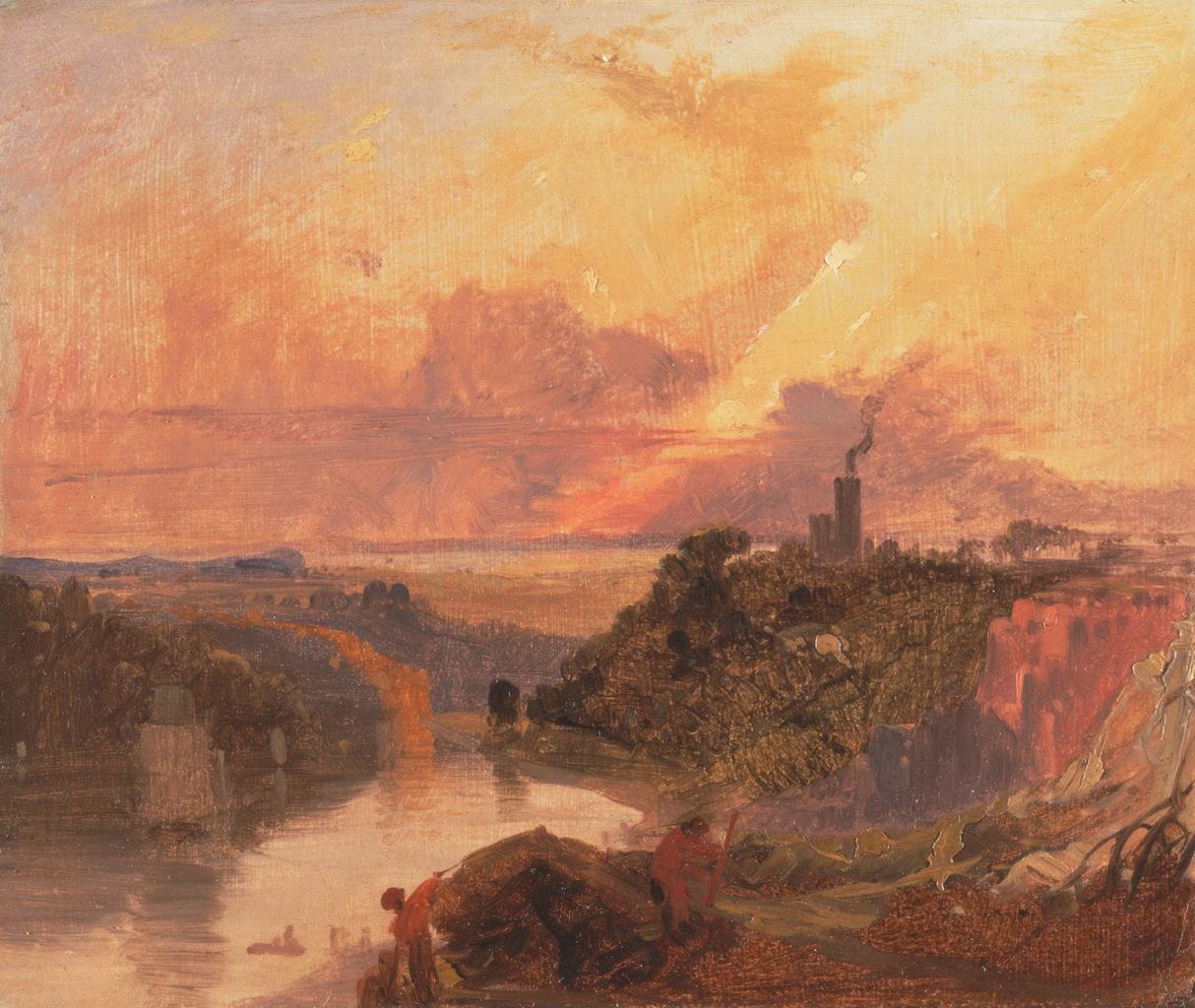
Editor’s note
In all my reading, I’ve encountered few works like Marianne’s Intervals.
Her book offers a capacious look at life, death, and dying through a chronicling of her mother’s decision to withdraw from life-sustaining treatments. As she describes it, “Intervals are temporary places of rupture and of rest; they are liminal, partial and in-between. … I invite you to bear loose witness — to sit with me, as close to the pain as I can get — on the condition that the story doesn’t end here, that there is yet a world to win.”
The result is an expansive, important, and generous work. I gained a lot from having had the benefit of her perspective.
Jana M. Perkins
Founder, Women of Letters
Marianne Brooker is based in Bristol, where she works for a charity campaigning for climate and social justice. She has a PhD from Birkbeck, University of London and a background in arts research and teaching. She won the 2022 Fitzcarraldo Essay Prize for Intervals, her first book.
How did your childhood shape your ideas about what work looked like and what was possible for you?
Marianne Brooker: I ended up writing a bit more about my childhood, briefly, at the beginning, than I expected to.
My childhood was kind of difficult, in some ways, so I think that shapes my class consciousness and my sense of work as it exists in the book, or how I describe the politics of work in the book. The book is about my mum, ostensibly, and her life and her end of life and her work.
From a young age, I watched her as a trade unionist, and I watched her raise kids by herself. I think that instilled in me a kind of fascinated respect for her — in a sense that, like, a lot could be possible, more so maybe than we might think, personally and politically. I don’t know if that makes sense, but she’s definitely a point of inspiration and someone I learned a lot from.
Jana M. Perkins: When you say a lot might be possible, what was kind of the ceiling on that for you? Did you have an image of, like, this is what it could be? You know, like — this would be it?
MB: When I was really little, I watched a lot of Free Willy — I wanted to be a marine biologist. That was the dream.
But I think when I mentioned that in relation to my mum, I guess I mean, like… I don’t know, that one’s capacity for perseverance in the face of adversity can be a lot, and more than one thinks it is. And one’s capacity to make a lot, create a lot from not very much, and to resist and to forge connection and to be creative, is quite great. So I go to her as a kind of threshold for that.
JMP: I think that’s such a wonderful lesson to have come away from childhood with, and not something that I think a lot of people have — the sense that work is perseverance. I think, more typically, people tend to have the sense of, like, “Oh, I just do my job, and then that’s it.” There’s no sense of, like, you have to continually work for things, and they might not work out right away, but that’s sort of how you get there.
MB: Yeah, for sure. I mean, I guess it depends on what you mean by ‘work’ — like kind of broadly, just the work of living and getting by, or like specifically kind of career work.
As a child, I watched my mum just like patchwork a lot of, like, service industry and manual labour-type jobs together, and then follow this kind of circuitous path to more professional kinds of work. And then when she got sick, which is kind of what I’m writing about in the book — not having access to work anymore, having to find ways of working from home, or finding ways of work interacting with the welfare state, and that kind of stuff. So I guess not just perseverance, but the various blocks one can have between yourself and getting work, is something I’m interested in.
JMP: Well, if you’ll indulge me reading you to you… I just thought that this passage from your book Intervals was so brilliant.
You write, “Disability exposes the structural fragility of social systems. Access to healthcare, social care, housing, food, heat, sleep, leisure time and natural space: each of these fundamental supports are creaking … We need ways of holding one another in our messiest, most anxious, most vulnerable moments; of observing the interval between our individual and collective selves; of losing control, losing our minds and knowing that we will still be held.”
I loved that passage in particular because you’ve really eloquently captured something that I don’t think most people are thinking enough about these days, but that if you have had to experience in any way you are intimately familiar with.
MB: Yeah, yeah, I think so. Thank you for taking me back to that passage.
I was kind of stuck, in my articulation of that in the book, around wanting to make that point, but also wanting to not romanticize struggle — getting the tone right, in that kind of political argument, I think, is difficult. Like, wanting to insist on our interdependence and the interconnection of these forms of social support, and wanting to draw what I could from my mum’s story of struggle, but without making that seem twee, or, like, “This was the difficult thing, and now I’ve come away and I’ve learned from it, and here is my piece of wisdom,” as if that is neat or easy. It’s something I wrestled with a lot writing the book.
JMP: No, I think you navigated that line really eloquently.
Fast-forward to today. How did the path to what you’re doing now unfold?
MB: I did a PhD in English literature, so I kind of — I love reading and writing and research. And the PhD was also quite helpful, as a quite flexible thing to do, in that I could balance living across different places, opposite ends of the country, spending as much time with my mum as I could and also having a kind of… building a life for myself. And then I got to the end of it, and I guess by that point my mum had died, and I had this sense that I felt a bit transformed by that, and wasn’t quite sure what to do with myself. But doing the same thing didn’t seem to make sense.
So I managed to finish the PhD, but then just got to a point where I was, like, something has to change, and maybe that means everything has to change. So in a big, slightly mad few months, I moved cities, I moved jobs and decided to take a break from academia, left a relationship, and kind of, slightly to my surprise, looking back, that worked out. I landed in — I live in Bristol now, in the UK, and there’s a really great creative community of writers here, and I met some great friends, moved into a great house, found a kind of interesting little foothold working in a kind of community and campaigning context outside of academia, but still kind of thinking about writing and storytelling, just in a different context.
The first job I got and the subsequent job I got were four days a week, so I had a bit of time, and I had this sense that I wanted to write about the experience of caring for my mum and what I learned from that and the politics around that. And I wasn’t quite sure how to do that, so I kind of used my fifth day a week, telling myself it was a writing day for quite a while, and didn’t write anything at all. And then Fitzcarraldo Editions, who in the end published the book, run an annual non-fiction prize called the Essay Prize. And I thought, “I will just take a couple weeks off work and enter this prize. And that will mean that, by the end of it, I will have a book proposal and a sample or I won’t, and I will have proven to myself I can’t do it.”
And so I took the couple weeks off, wrote the proposal — having thought about it and been reading around these things for quite a long time — and then won it, and then had to write a book.
“I managed to finish the PhD, but then just got to a point where I was, like, something has to change, and maybe that means everything has to change.”
Did you have any mentors along the way?
MB: In different shapes, yeah. I’m very lucky in that I have a handful of really wonderful friends who are also writers of a similar age, writing about different things but kind of with some shared social or political interests, as well, and just being somewhere where I can go to the pub of an evening and chat with people about various struggles around writing or thoughts about writing — what the path is to get from not having a book to having a book, and how that feels.
The people around me over the past few years, in Bristol and in London and other places, they have just been really, really generous — so, like, other writers. And my editor at Fitzcarraldo, Tamara, was also brilliant: really smart and kind, and gave me a lot of freedom with it. So working with her — she was a great mentor through the process.
“I was kind of stuck, in my articulation of that in the book… Like, wanting to insist on our interdependence and the interconnection of these forms of social support, and wanting to draw what I could from my mum’s story of struggle, but without making that seem twee, or, like, ‘This was the difficult thing, and now I’ve come away and I’ve learned from it, and here is my piece of wisdom.’”
Tell us about some of the projects, ideas, or questions you’re currently working on.
MB: I guess I want to do things that are a little bit different, in some sense. I’m trying to write a novel — I kind of want to experiment, and maybe be a bit less constrained by writing from life. But also, by myself, coalescing around similar kinds of questions as I was exploring in Intervals.
So I’m researching — I’m saying this very tentatively, because I’m not really saying it out loud very much at the moment yet, but — a kind of novel about the life of…
Our conversation with Marianne continues on the podcast. You can listen along on Substack, Apple Podcasts, or Spotify.
Where can our listeners and readers find you?
MB: In Bristol, in the UK. My name is Marianne Brooker, and I have a website called mariannebrooker.com, which has some infrequently updated information about me. And on Instagram.
We spoke with Marianne remotely. Our conversation has been edited for clarity.
Paying attention: An interview with Sheila Liming
“I’m interested in what it means to serve as an audience for something or someone — to inhabit the role of the receiver. It’s an act that requires skill, knowledge, concentration, study, and, of course, attention — at least, it requires those things if it is to be done right.”
Ourselves, each other, and the world around us: An interview with Noreen Masud
“I applied for a PhD during that, and again I was like, ‘I’ll just apply for a PhD, because if I get that, that’s three years more of a liveable life.’ You know? That’s three years more of being able to do the thing I want to do.”
Thanks for being here! We’re delighted that you’re a part of the Women of Letters community. If you are too, here are a few ways you can help build it:
❤️ Heart this interview and leave a comment.
💌 Recommend our series with a testimonial. We’ll feature our favourites on the home page.
💬 Forward your favourite interviews to the people you care about, or share a link to womenofletters.substack.com.





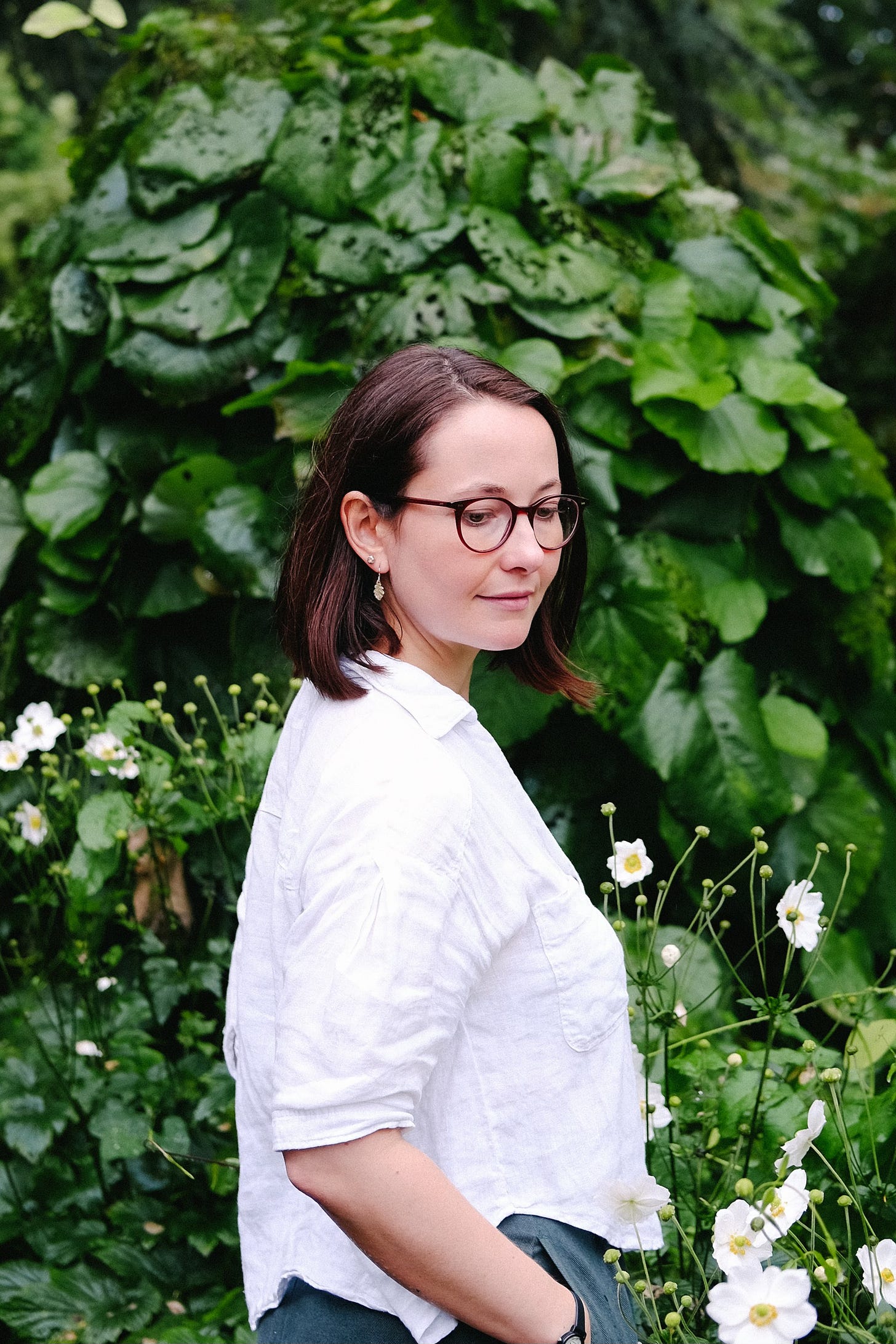
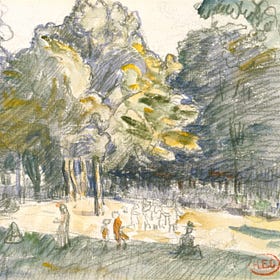


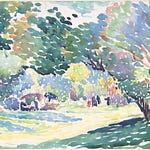
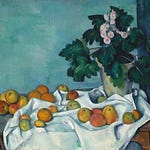

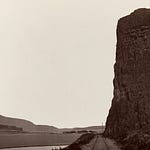

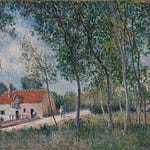

Share this post